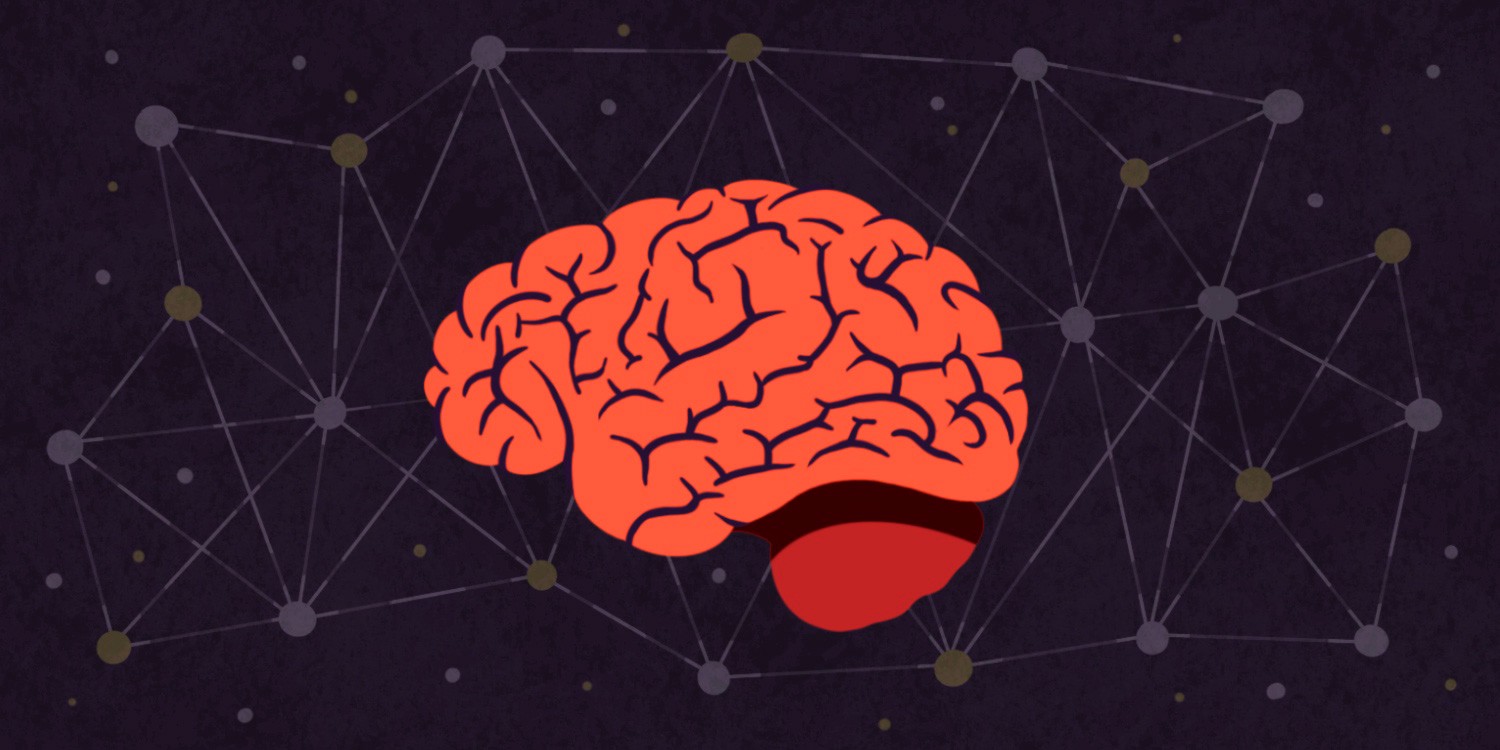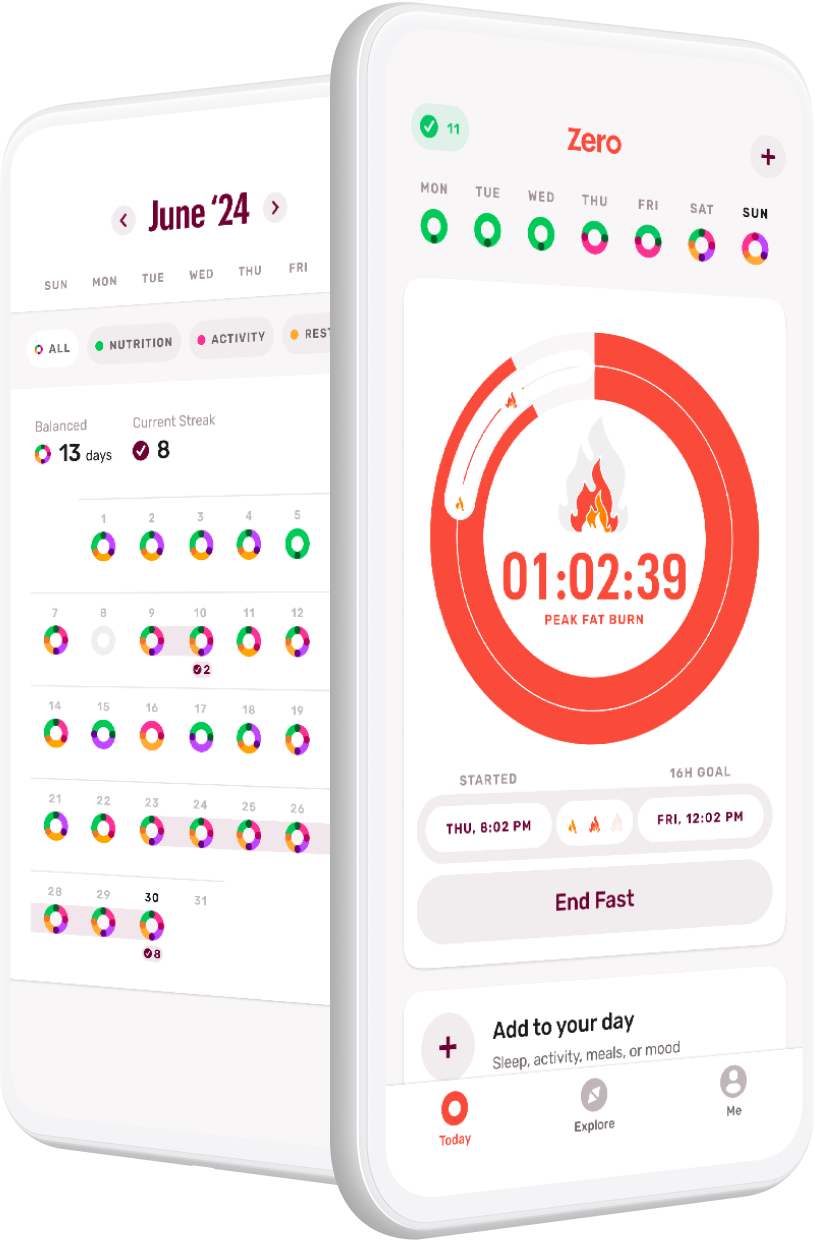Fasting is often touted as an effective method for losing weight, but new research finds it may also help save lives by reducing risk of strokes, and helping tissues recover after a stroke.
There are numerous risk factors for stroke, ranging from obesity to unhealthy lifestyle choices such as smoking, and the biggest contenders — high blood pressure, diabetes and heart disease. Studies show a positive link between fasting and a reduction in all of those risk factors, but a new study out of The British Journal of Nutrition shows even more promising results.
The study compares overweight participants who engaged in either the 5:2 fast or a daily caloric restriction (CR) diet. There are different variations on the 5:2 plan. One involves eating regularly for five days of the week but cutting calories to one quarter of regular calories consumed for two days. For example, if you regularly consume 2000 calories per day, you’d eat only 500 on the fasting day. In this study, the fasting participants consumed 600 kcals on their fasting days, no matter what their prior energy consumption had been. Researchers took down fat metabolism and blood sugar levels in subjects after eating.
High triglyceride levels in the blood is considered to be another serious risk factor for cardiovascular disease and stroke. Elevated triglycerides drive up LDL particle (LDL-P) numbers. The more LDL-P in the blood, the higher the chance the LDL-P will penetrate the endothelium or artery wall, which can then result in inflammation and plaque buildup. If these plaque build-ups burst, travel to the brain, become lodged, and restrict or prevent blood flow to the brain, an ischemic stroke will occur.
Subjects who participated in the above mentioned 5:2 fast study were able to clear triglycerides from their blood more quickly than the control group.
High blood pressure is another risk factor for stroke and cardiovascular disease. The fasting group’s systolic blood pressure reduced by 9% compared to just 2% in the daily diet group. Lowering systolic blood pressure reduces pressure on arteries, which may reduce the likelihood of heart attacks and strokes.
Another way fasting protects against strokes is by preserving a healthy cardiovascular system. One study of people who’d been on a CR diet for six years showed reductions in body fat, blood pressure and serum lipid and lipoprotein levels, which are risk factors for ischemic stroke.
In fact, the same study says, fasting may “precondition” the body to be able to prevent stroke by essentially imposing small, harmless “insults” on the brain that create a tolerance to ischemia (an inadequate blood supply to an organ).
Recovering after stroke
In addition to reducing risks of stroke, research finds that forms of CR may help support neurogenesis, the creation of new neurons and neuronal connections, after a stroke.
Neurogenesis requires two substrates called brain-derived neurotrophic factor (BDNF) and vascular endothelial growth factor (VEGF). BDNF is upregulated by CR in rodent models of stroke, and research in obese humans has shown shown that 25% CR for three months increased circulating levels of BDNF.
Another recent study in animal models found that intermittent fasting (IF) appeared to reduce tissue damage and neurological deficit after ischemic stroke “by a mechanism(s) involving suppression of excitotoxicity, oxidative stress, inflammation and cell death pathways in animal stroke model.”
IF has also been shown to have a positive effect on the inflammatory response and tissue damage after ischemic stroke by suppressing pathways of inflammation known as NLRP1 and NLRP3. In essence, lowering the production of inflammatory cytokines, which both IF and CR do, decreases susceptibility to stroke.
These associations between fasting and reduced risk of stroke, or recovery from stroke, are promising, and hopefully more research done in human models will continue to offer validity. However, it should also be noted that simply getting regular exercise, eating a healthy diet on non-fasting days and implementing lifestyle practices to reduce stress also reduce the chances of heart attack and stroke for not only overweight people, but those with a genetic predisposition.
- Zero Live #4: 3 Ways to Boost Fat Burning - March 28, 2024
- Zero Live #3: Nutrition, Fast Breakers, and Fasting - March 11, 2024
- Zero Live #2: Metabolism, Insulin, and Fat Burning - February 29, 2024










